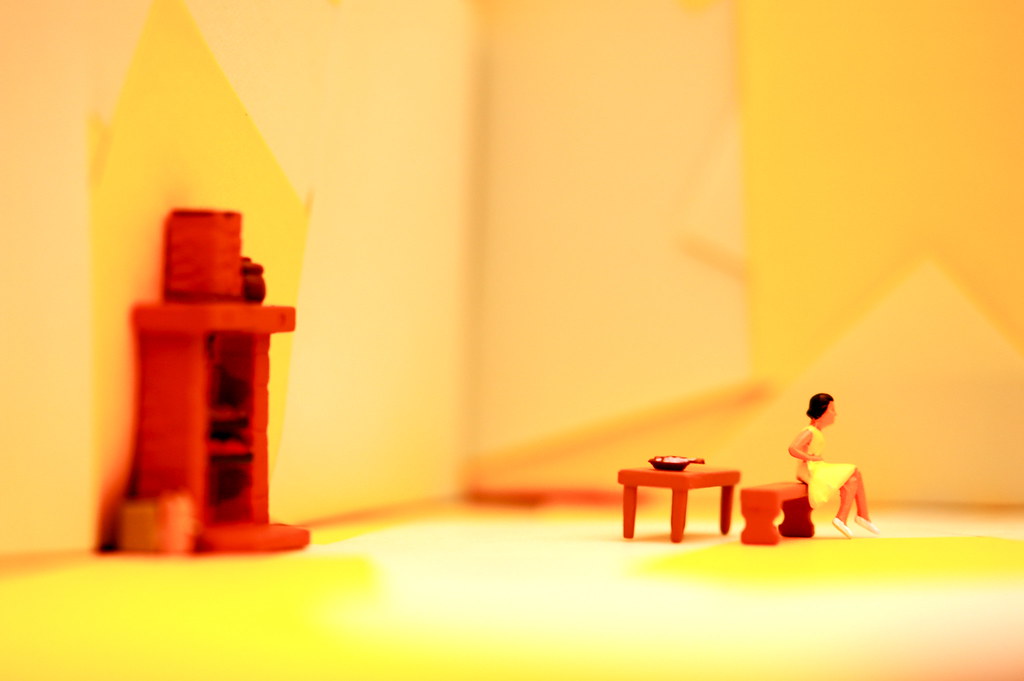

I no longer experience the gritty feel of pet hair and debris underfoot. But it's been months, and my floors are cleaner than ever. I decided on the newest model, the Roomba j7+, with a self-emptying feature and mapping technology. Exhausted from the stress of the pandemic, my husband and I decided to invest in a Roomba. Even my multi-week vacuuming sessions weren't enough to keep up with the pet dander, bird dust, and dirt being tracked around the house. I constantly had to rescue it.Įarlier this year, I decided enough was enough. Its successor, a unit with high suction, gobbled up pet hair, but that also meant having to empty the bin every single run. Eventually, the vacuum stopped working altogether. UV sterilizing sucked up battery life like nobody's business. The mopping function was virtually useless.

At the time, I was impressed merely by the fact that it didn't topple down the stairs.Īfter a few months of use, it quickly became apparent that it wasn't the glorious device I'd been led to believe. It was affordable, had features like mopping and UV sterilization, and was surprisingly quiet.

My first robot vac seemed like a great investment at the time. He wails, “I’m tired of stepping on your shadow and feeling in the way.” The angst is brilliantly masked by a soulfully bright melody.After years of searching, I've finally found the robot vacuum of my dreams: the Roomba j7+. In “Middle of the Morning," Isbell explores the dark corners of relationships in what sounds like post-pandemic wincing about all that extra time stuck at home. Shires joins her husband on five different songs, including backup vocals on “Volunteer" and “This Ain't It.” The couple laid bare their life, love and struggle in a recent documentary film. In “Save the World,” his voice as a father of a 7-year-old daughter resonates clearly as he sings of being spooked by school shootings, “Can we keep her here at home instead?” The opener, “Death Wish,” tries to care for a loved one with mental illness.
#Stuck at home reviews how to
“Weathervanes” further reflects the forever process of learning oneself and how to live and love complex people in a broken world. Sober for 11-plus years, Isbell continues to tell stories beyond his own trying-to-stay-clean lens. Then comes “When We Were Close,” electric from start to finish with angry chords and all-star rhymes: “Got a picture of us playing in a bar, and your shirt cost more than your guitar.” In “Cast Iron Skillet,” a soft and wistful warning against bigotry veiled behind old-fashioned views, Isbell strums a sweet tune thickened by the hum of an accordion and his wife, Amanda Shires, on the fiddle.

While this album stays inside his usual musical guardrails without much adventure into new sounds, it has its twists and turns. “Weathervanes,” Isbell's eighth record with the 400 Unit, is a familiar and predictable amble within the wide expanse of Americana with this 13-track canvas painted by country, folk, gospel and hard southern rock. “Weathervanes,” Jason Isbell and the 400 Unit (Southeastern/Thirty Tigers).įurther cementing his credentials as a songwriting force, Jason Isbell and his band have created another Alabama-accented earworm of an album that flaunts the power of his voice, guitar and lyrics.


 0 kommentar(er)
0 kommentar(er)
